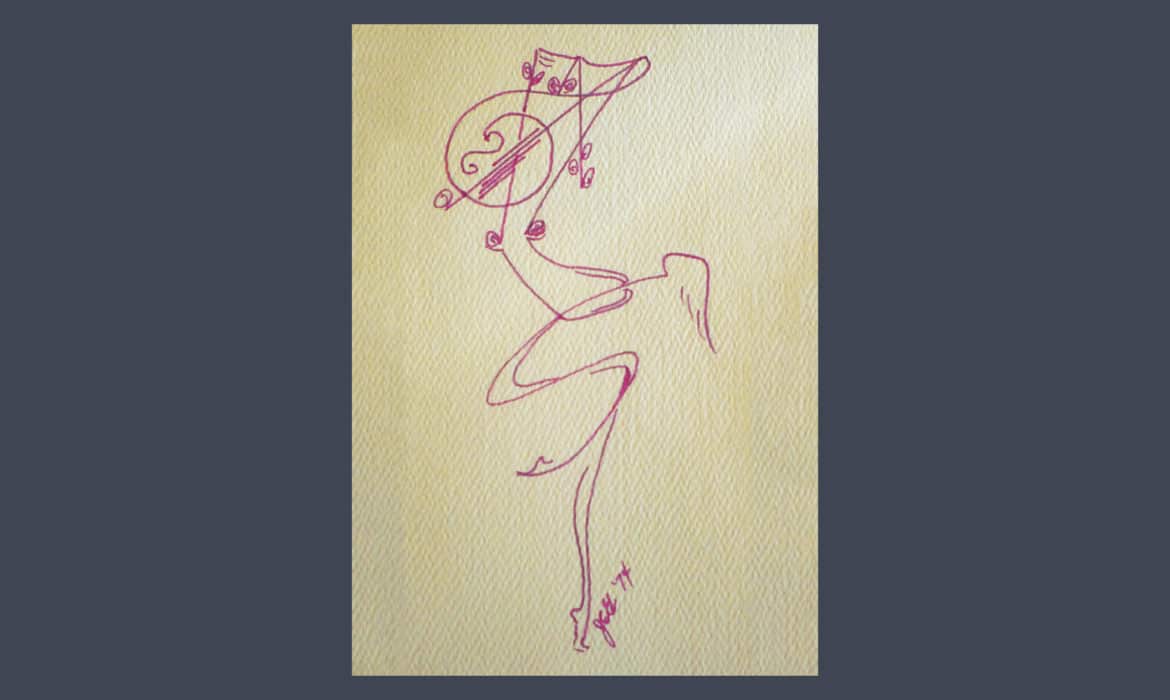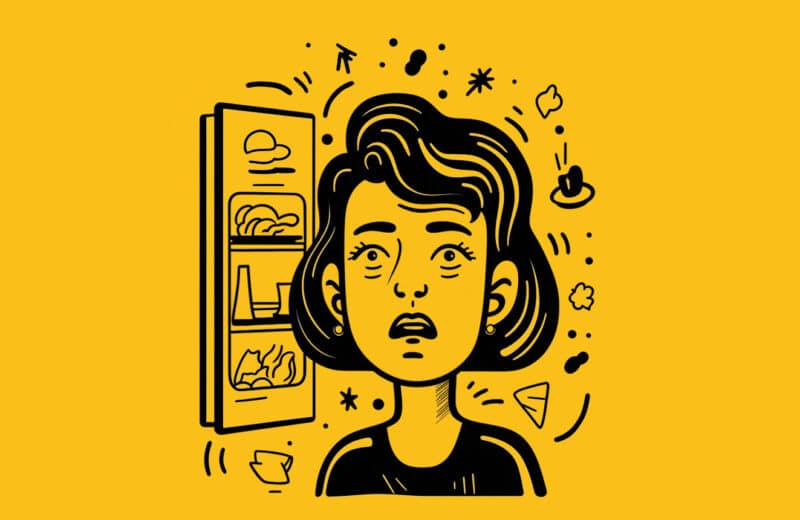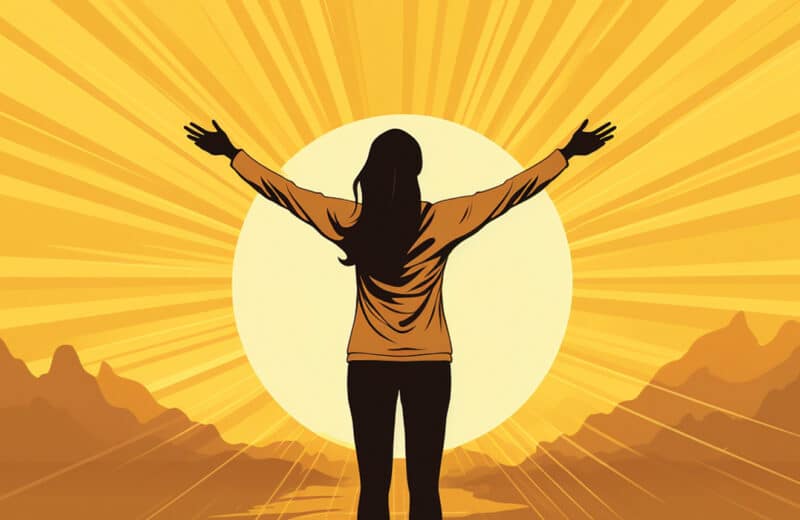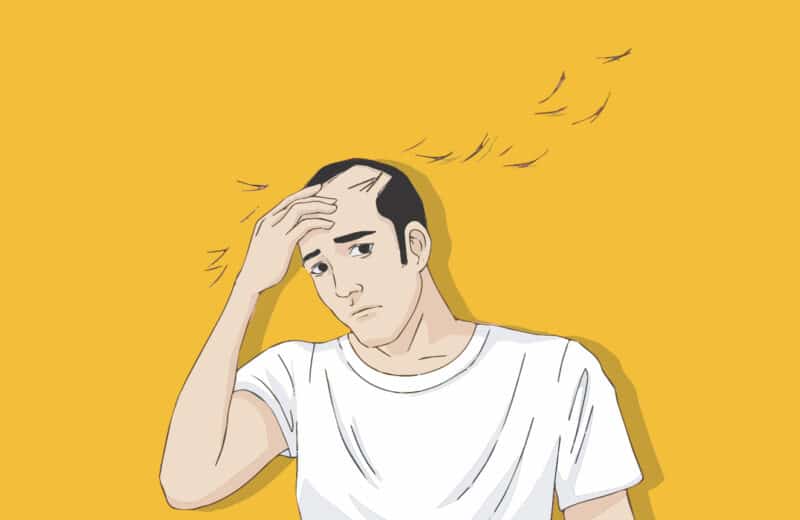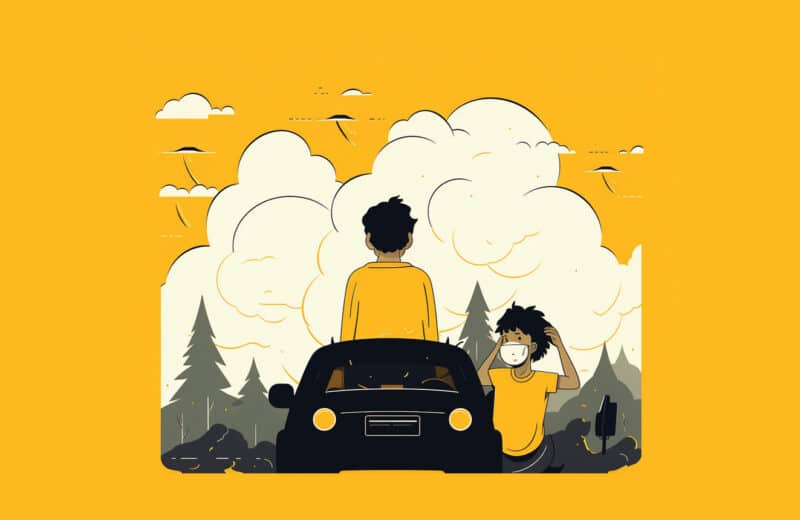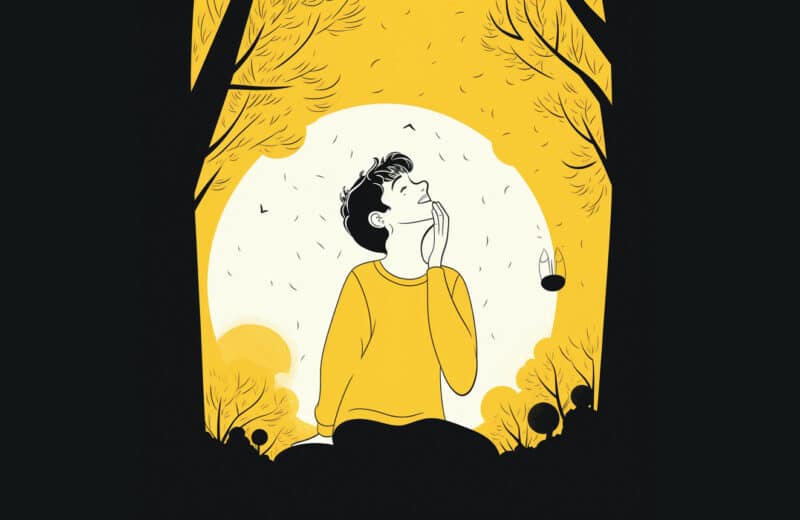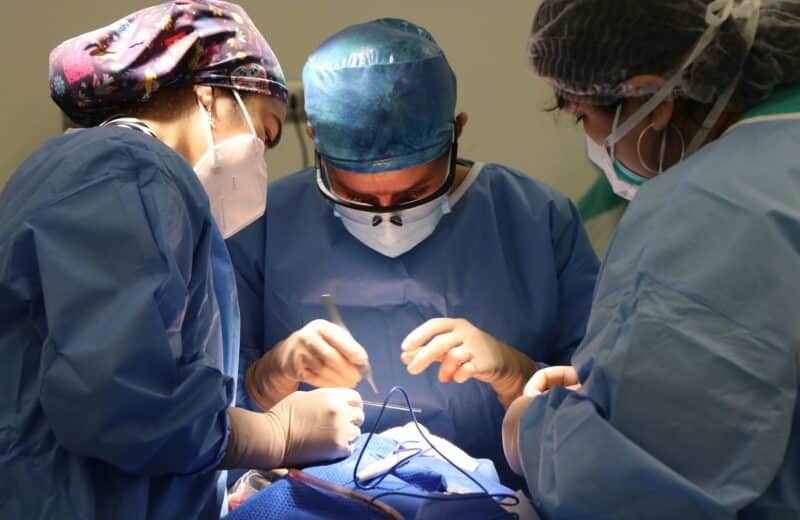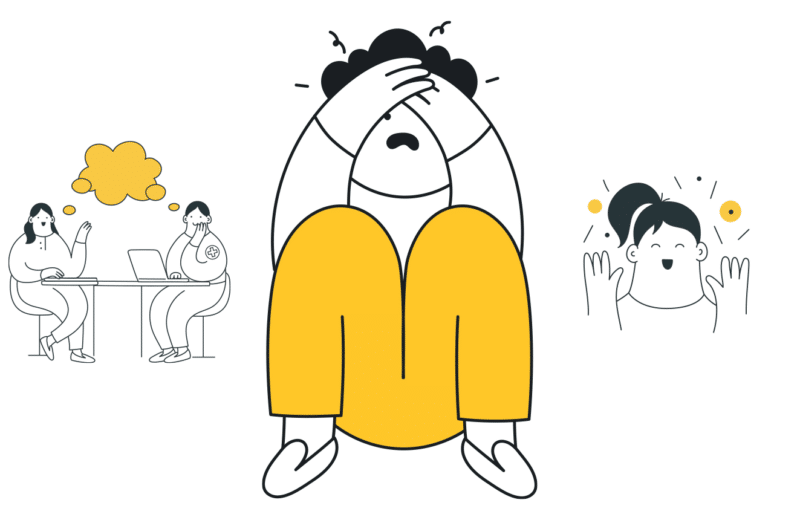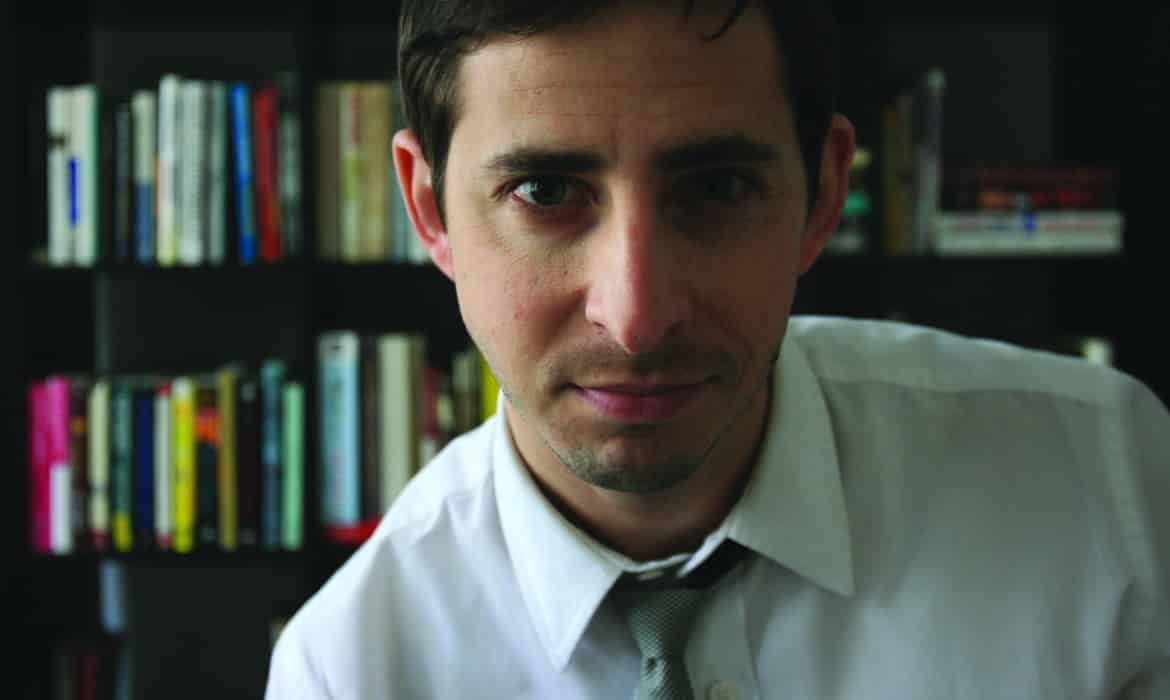
Joan was a geologist, a symphonic bassist, a ballet dancer, an inventor, a photographer, an artist, a rock climber, and a sponge of knowledge. She was intelligent, funny, and sometimes stubborn and combative. But always appreciative. Joan died in her home in May of natural causes. She was 86.
Toward the end, Joan rarely felt well, which isn’t a surprise. But even when she only had enough energy to answer the phone just to tell me she didn’t have the energy to talk, she would say, “I appreciate you.”
In the decade-plus that I knew Joan, we talked about a lot of things. We shared an affinity for literature, late-night radio, stories of romance gone awry, cynicism, and a degree of antiauthoritarianism. The big takeaway from our friendship is to appreciate the good people — the good things.
And Joan was one of the good ones. From her, I learned gratitude, an attribute that has come in real handy during the pandemic.
“Joan was one of the good ones. From her, I learned gratitude.”
Most of us have struggled in some way during the pandemic. The uncertainty, the fear, the loss … the changes. The thing that has kept me from going headfirst into the deep end of panic has been giving appreciation for even the smallest amount of good from my job, my health, my family, my friends.
I’ve made sure to stretch beyond my typical comfort level to outwardly acknowledge this appreciation rather than keep it inside. Hearing myself say it or seeing myself write it has made it all the more real. Made it something tangible. And hopefully, it made the person on the receiving end feel a little more loved. Because a big part of my appreciation comes from the collective experience we all have gone through individually. I recognize how hardship or catastrophe as a shared event can be the best life preserver when we’re feeling adrift in the sea of life.
Advocate Aurora Health’s Chief Spiritual Officer Rev. Kathie Bender Schwich agrees. She recommends drawing on the strength we get not only from ourselves but also from others. “It’s a balance,” she says. “Finding strength through those who are going through hardships with you can be helpful. It’s why healthcare workers have been inspired by what they’ve seen in their patients.”
As the world continues to change, we cautiously emerge from our chrysalises as new beings. We may be unsure how to proceed. When I find myself at moments of uncertainty, I tend to rely on the past to help define my path toward the future. I look inward and consider who I am, who I was, and who I want to be. But not without considering how I became those things.
“As we age — and age can be from teenage to 20s and beyond — as we age into adults we become a conglomeration of all those who have touched us over the years,” Schwich says. “What we have heard from others and seen in others we want to emulate. So when we’re down, depressed, stressed, you can say, ‘How would — insert name here — handle this? How can they teach us how to move forward?’”
I know what Joan taught me, and those lessons guided me through this year. Despite the forced solitude many of us felt these past many months, solitude is not the well from which we draw our strength. Instead, the good will from the living and departed will fill our sails and lift our wings, along with the careful, honest, and verbalized appreciation of them all.

